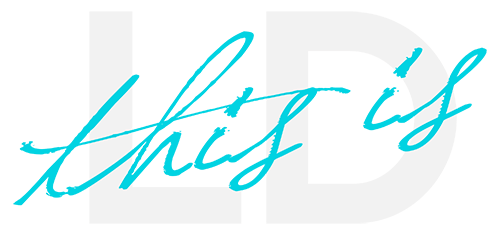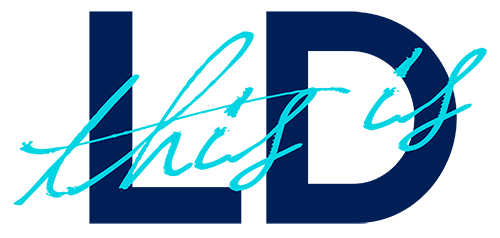Search Engine Optimisation
Give Your Website a Caffeine Boost With Our On-Page SEO & Technical Optimisation Services for Small Businesses
To lure traffic to your website and keep it there, your business needs an SEO strategy for business growth.
SEO means exactly what it says. It is the practice of optimising the content on your website in a way that makes it easier for search engines like Google to find it when someone enters a relevant search query.
For example, if you run a Patisserie in New York and someone looks up “the best cakes in New York” you’d want your business to show up on the first page, right? SEO makes that happen.
Search engine optimisation is a continuous process. It’s not about “who has the best website” or “who is ranking #1”. It’s about ongoing effort, and doing what you need to do in order to be seen.
The online strategies that build your brand are even more important today, where customers trust online reviews as much, if not more, than word-of-mouth referrals. We’ll help you to make sure all of your reviews are as valuable as gold.
Our global marketing agency’s SEO services are perfect for your small business. Get in touch to know more!
Keyword Optimisation
Online Reputation Management
Content Marketing Strategy
https://thisisld.com/services/content-copywriting/The quality of content that you publish on your website impacts your brand’s perceived value. We’ll help you to weave all your content together like the pieces of a puzzle, so that your customers have something they can keep coming back for.
It’s time to position your website as an integral part of your brand persona and define what you stand for.
Backlink Building
What Is SEO and Why Do I Need It?
93% of all online experiences start with a search engine. 68% of these are from Google. So what shows up on the first page is extremely important in dictating your visibility. SEO stands for Search Engine Optimisation, which is essentially the practice of increasing the quantity and quality of traffic to your website and improving your visibility through organic search engine results. In the words of Neil Patel, it is the optimisation process of your online content so that search engines can display it when searching for a specific keyword in the top search results.
Different search engines and end goals can change the optimisation process. If you want more organic traffic to website pages then your strategy will need to understand and cater to Google’s algorithm. If you’re all about broadcasting yourself to the world then it’s about focusing on YouTube’s algorithm to gain more views. Our global digital marketing agency will help you define your end goal, and the best strategy that will get you there.
Common SEO Terms
Quality of Traffic: You can attract all the visitors in the world, but if they’re coming to your site because Google tells them you’re a resource for Apple computers when really you’re a farmer selling apples, that is not quality traffic. Instead you want to attract visitors who are genuinely interested in products that you offer.
Quantity of Traffic: Once you have the right people clicking through from those search engine results pages (SERPs), more traffic is better.
Organic Results: Ads make up a significant portion of many SERPs. Organic traffic is any traffic that you don’t have to pay for.
Keywords: Words or phrases that your target customers enter into a search engine when looking for content.
Intent: An indicator of what your users really want when they enter their search query. For example, if a user looks up “Tesla Model-X Information”, it’s unclear what their intent is. If their search query says “Tesla Dealerships Near Me”, it’s a clear indicator that the user is probably ready for a purchase.
Rank / Ranking: A website’s position in the search engine results page.
Crawling: A discovery process wherein search engines send out a group of virtual bots to find new and updated content. Simply put, it’s when search engines “read” a page on your website.
Using The Force
- Relevant Content
- Well-Labeled Images
- Relevant Links and References
- Complete Sentences with
- Good Spelling and Grammar
- Standards- Compliant HTML
- Unique and Relevant Page Titles
The Dark Side
- Quick Money, Followed by a Quick Exit
- Duplicating Content
- Using Invisible Text and Overstuffing Keywords
- Cloaking and Redirecting Users to Other Sites and Pages
- Using Links from Sites with Non-Relevant Content

